Monsoon Diseases
Monsoon season is going on in almost all parts of India. But this season is also the season of diseases, especially the monsoon diseases, which can be fatal for children. This season often brings an increased risk of diseases due to the combination of humidity, stagnant water, and unhygienic conditions. However, parents can keep their children healthy by paying attention to these things.
- Mosquito-Borne Diseases (e.g., Dengue, Malaria, Chikungunya)
Avoid Stagnant Water: Ensure there’s no stagnant water around your home, as it’s a breeding ground for mosquitoes.

Use Mosquito Repellents: Apply mosquito repellent creams or coil, use mosquito nets, and keep doors and windows closed or use screens.
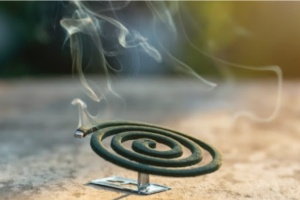
Wear Protective Clothing: Wear long-sleeved clothes and pants, especially during dawn and dusk when mosquitoes are most active.
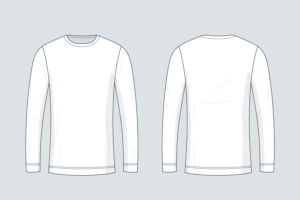
Keep Surroundings Clean: Regularly clean water tanks, coolers, and other areas where water can collect.

- Waterborne Diseases (e.g., Cholera, Typhoid, Diarrhea)
Drink Clean Water: Always drink filtered, boiled, or bottled water to prevent waterborne infections.
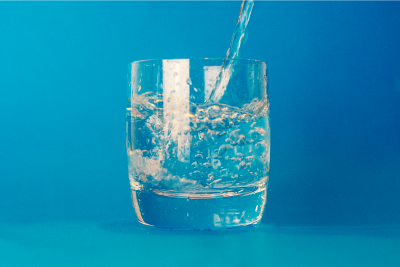
Avoid Street Food: Be cautious with food from street vendors, as it might be contaminated.
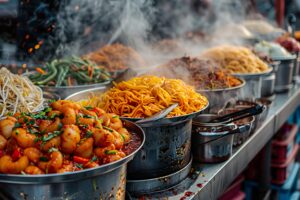
Practice Good Hygiene: Wash hands thoroughly with soap before eating and after using the bathroom.
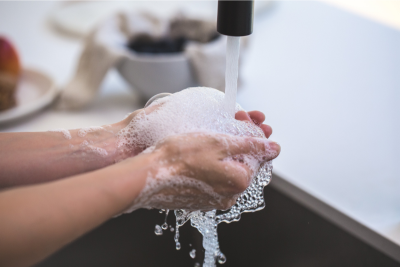
- Airborne Diseases (e.g., Influenza, Common Cold, Viral Fever)
- Stay Dry: Avoid getting drenched in the rain, as damp clothing can increase susceptibility to colds.
- Boost Immunity: Consume a balanced diet rich in vitamins, especially vitamin C, to strengthen your immune system.
- Avoid Crowded Places: During outbreaks, avoid crowded and poorly ventilated areas to reduce the risk of airborne infections.
- Foodborne Diseases (e.g., Gastroenteritis, Food Poisoning)
- Eat Freshly Cooked Food: Avoid consuming stale or undercooked food, especially during the monsoon.
- Store Food Properly: Ensure food is stored in a hygienic environment to prevent contamination.
- Wash Fruits and Vegetables: Thoroughly wash fruits and vegetables before consumption to remove any contaminants.
- Fungal Infections (e.g., Athlete’s Foot, Ringworm)
- Keep Skin Dry: Dry your feet and other parts of the body properly after exposure to rain. Use antifungal powder if necessary.
- Wear Dry Clothes: Change out of wet clothes as soon as possible to avoid fungal infections.
- Avoid Sharing Personal Items: Do not share towels, shoes, or other personal items to prevent the spread of infections.
- Leptospirosis
- Avoid Wading Through Water: Avoid walking through puddles or flooded areas, as the bacteria causing leptospirosis thrive in such conditions.
- Wear Protective Footwear: If you must walk through water, wear protective boots to minimize contact with contaminated water.
- Preventing Respiratory Issues
- Keep Home Dry: Use dehumidifiers or fans to keep indoor air dry and prevent mold growth.
- Use a Mask: In areas prone to pollution and allergens, wearing a mask can help reduce respiratory issues.
Do Not Self-Medicate, In case if any one from your family is suffering from any dieses, you should consult your doctor, taking medicines as prescribed by a doctor is essential for ensuring safety and effectiveness, always follow the doctor’s advice,
By following these preventive measures, you can significantly reduce the risk of contracting monsoon-related diseases and stay healthy throughout the rainy season.

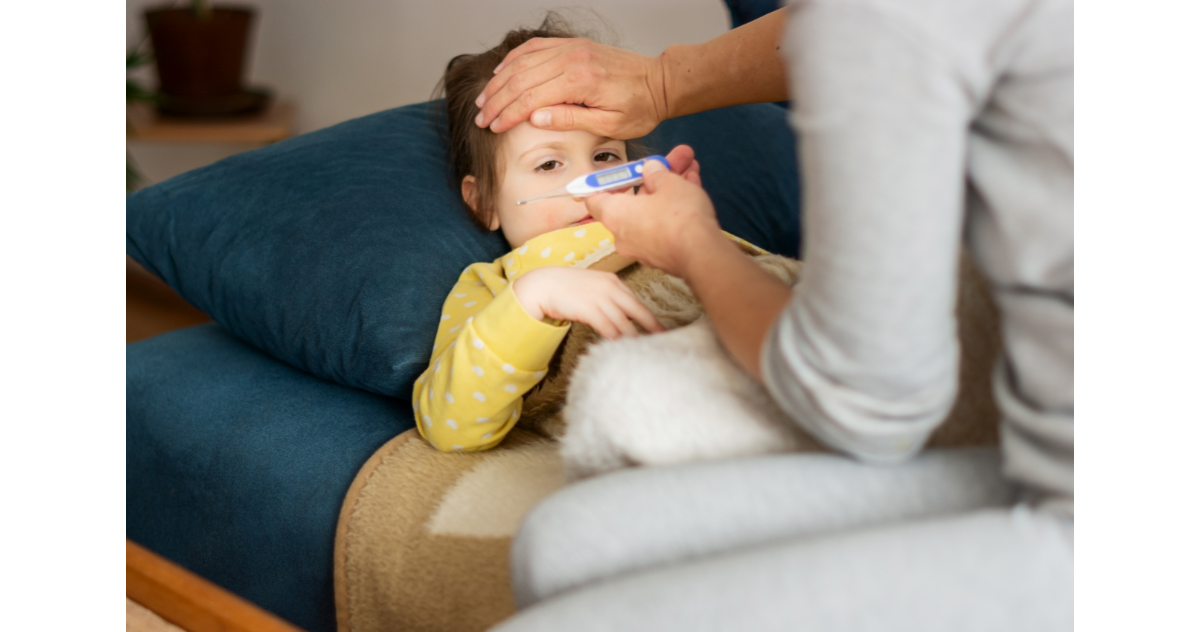


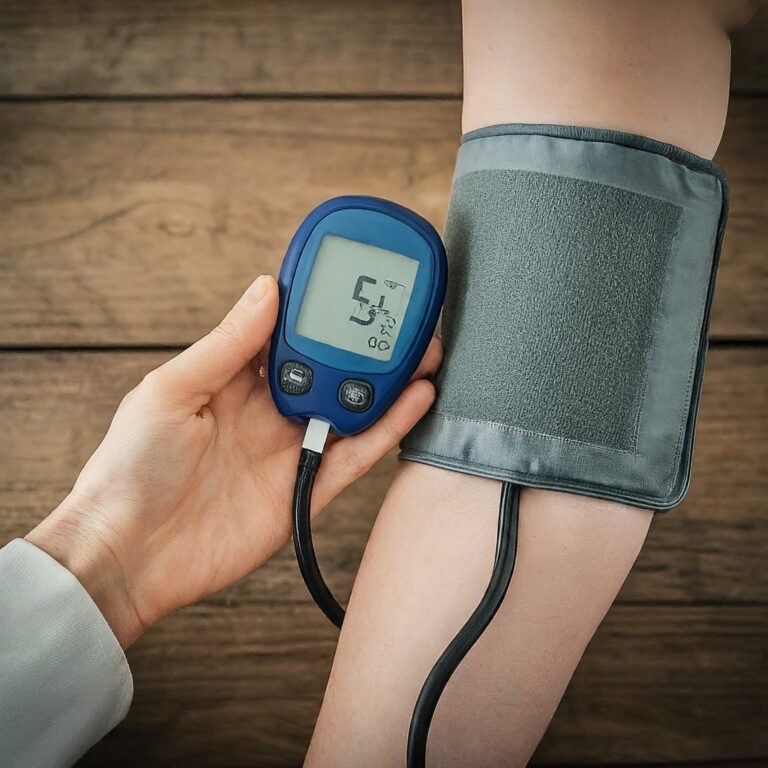



Interesting analysis! Probability plays a huge role, even in seemingly random games. Seeing platforms like BossJL offer diverse options – from slots to live games – is cool. Check out the bossjl link for a wide selection! It’s all about informed play, right?
Online gaming’s getting competitive! Seeing platforms like JLBoss really focus on user experience is great-easy signup & verification are key. Checking out boss jl for a smoother gaming experience-lots of options seem available! Definitely a plus for convenience.